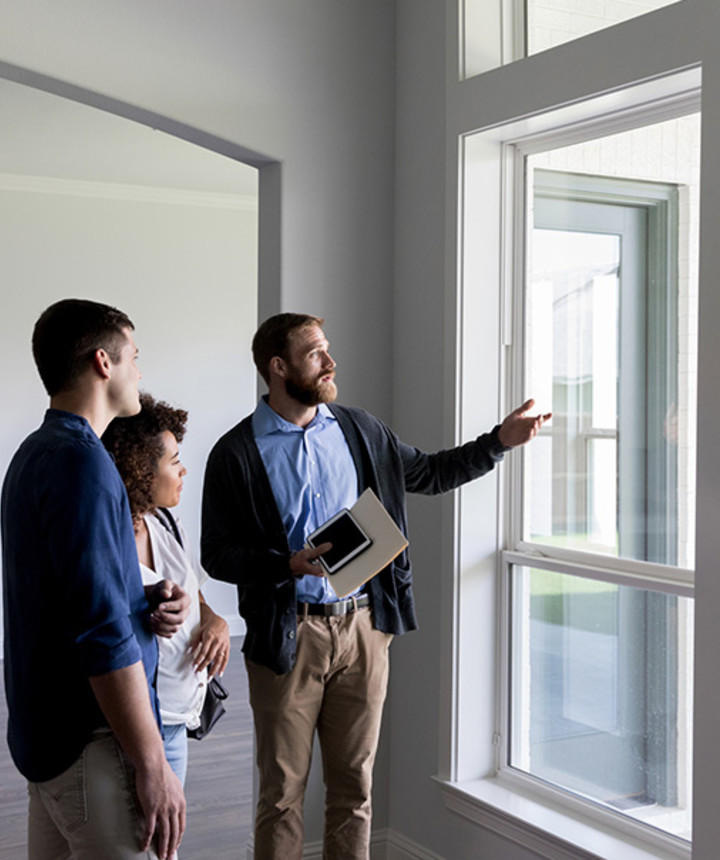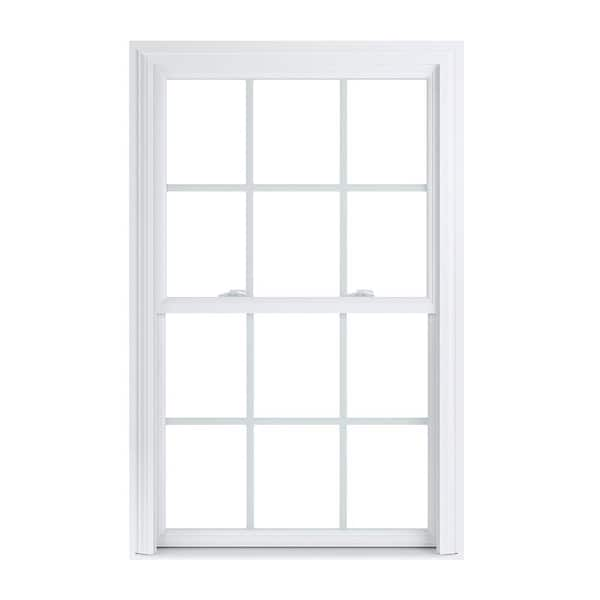Upgrade Your Home With Energy-Efficient Window Replacements
In the realm of home renovation, the decision to update to energy-efficient window replacements can considerably impact both the functionality and looks of a home. Past the surface area level of plain looks, energy-efficient home windows provide a multitude of advantages that go beyond mere visual allure.
Advantages of Energy-Efficient Windows

The setup of energy-efficient windows gives substantial financial savings on energy bills while enhancing environmental sustainability. Additionally, energy-efficient windows can aid control dampness levels within the home, decreasing the danger of mold and mildew and mildew growth.
Beyond the financial advantages, energy-efficient windows add to ecological sustainability by decreasing carbon discharges associated with energy manufacturing. Generally, spending in energy-efficient windows not just enhances the comfort and efficiency of a home but also lines up with eco mindful techniques.
Types of Energy-Efficient Glass
Different innovative kinds of energy-efficient glass deal distinct homes that deal with different demands and preferences in enhancing the sustainability and efficiency of buildings. Low-emissivity (Low-E) glass is a preferred alternative developed to minimize the quantity of ultraviolet and infrared light that can pass with the glass, consequently reducing warmth transfer. This kind of glass helps keep a consistent indoor temperature, decreasing the need for heating or cooling down systems, and inevitably lowering power costs. One more cutting-edge choice is spectrally discerning glass, which allows visible light to pass via while obstructing particular sorts of infrared radiation. This aids in keeping a comfy interior atmosphere while lessening heat gain. Triple-pane glass, including 3 layers of glass with insulating gas between them, gives improved thermal insulation, making it extremely energy-efficient. Additionally, self-cleaning glass with an unique coating that damages down and loosens up dirt when subjected to sunlight can minimize upkeep requirements and maintain home windows looking tidy. Each type of energy-efficient glass offers distinct advantages, enabling house owners to choose one of the most appropriate alternative based on their specific requirements and objectives.
Elements to Take Into Consideration When Selecting
When pondering energy-efficient home window substitutes, it is imperative to very carefully assess specific aspects that align with your sustainability purposes and desired power savings. One important variable to think about is the window's energy performance ratings, such as the U-factor and Solar Heat Gain Coefficient (SHGC) The U-factor steps just how well the window shields, with lower numbers showing much better insulation, while the SHGC indicates the window's ability to obstruct heat from sunshine. Furthermore, the window framework product plays a substantial function in power effectiveness. Products like fiberglass, vinyl, or wood with thermal breaks are excellent selections for lowering warm transfer. One more important consideration is the home window style and orientation worrying sunlight direct exposure. Selecting the right window design and tactically positioning them can optimize natural light while decreasing warmth gain or loss. Finally, installment top quality is vital to ensuring the windows perform as planned. Proper setup aids protect against air leak, making sure ideal power effectiveness. By thoroughly reviewing these variables, you can select energy-efficient home windows that enhance comfort, lower energy expenses, and profit the setting.
Setup and Maintenance Tips

Normal maintenance is key to maintaining the efficiency of your energy-efficient home windows. Inspect the weather-stripping and seals for any type of voids or rips and change them if required to preserve the home windows' power effectiveness. Richmond window replacement.
Additionally, lube moving components such as hinges and locks to guarantee smooth operation. website link By adhering to these setup and maintenance pointers, you can enhance the power efficiency of your home and lengthen the lifespan of your energy-efficient home windows.
Cost-Benefit Evaluation of Upgrading

Energy-efficient windows are made to minimize warmth transfer, reducing the demand for home heating and cooling systems to work overtime. This can cause substantial financial savings on power costs, especially in regions with severe temperatures. Furthermore, energy-efficient windows can improve the total value of your home, making it a lot more eye-catching to potential customers if you choose to market in the future.
When computing the cost-benefit evaluation, element in the potential cost savings on energy bills, any type of readily available incentives or discounts, and the life expectancy of the windows. While the initial price might be higher, the long-term savings and benefits of energy-efficient home windows make them a wise investment for homeowners wanting to improve their residential property's energy effectiveness and value.

Conclusion
In verdict, updating to energy-efficient window substitutes supplies countless benefits such as minimized power consumption, raised comfort, and cost financial savings. By picking the proper type of energy-efficient glass and thinking about factors like structure product and installment, homeowners can click to find out more maximize the performance of their windows.
When contemplating energy-efficient home window substitutes, it is vital to carefully evaluate certain aspects that align with your sustainability goals and desired energy financial savings. The U-factor measures just how well the home window protects, with lower numbers showing far better insulation, while the SHGC indicates the window's ability to obstruct warm from sunlight. By meticulously assessing these variables, you can pick energy-efficient windows that improve comfort, minimize power prices, and benefit the atmosphere.
While energy-efficient windows might have a greater upfront expense compared to standard windows, the long-term benefits commonly exceed the initial investment.In final thought, updating to energy-efficient home window substitutes uses various advantages such as decreased power usage, enhanced comfort, and expense financial savings.